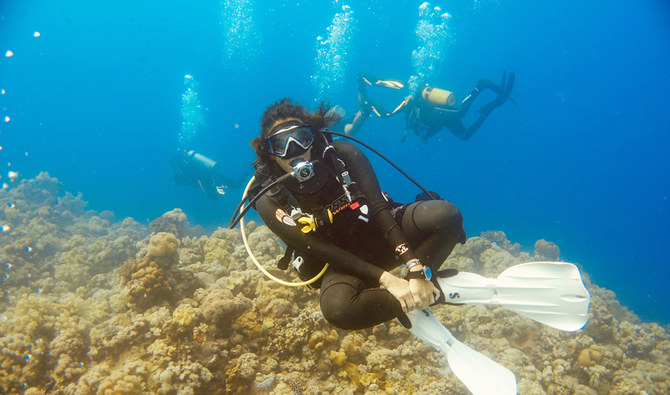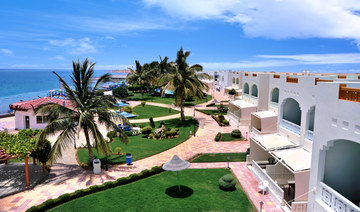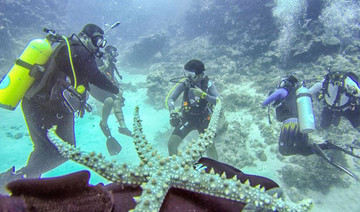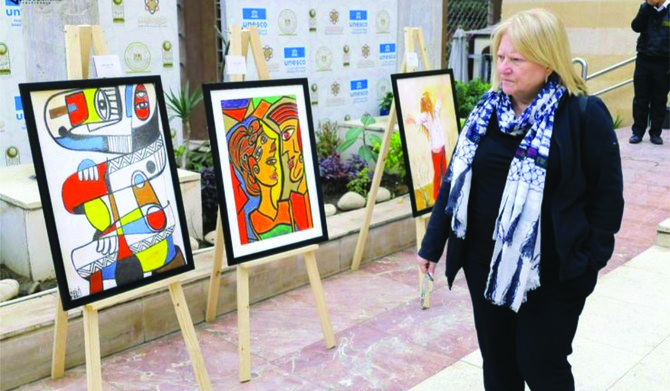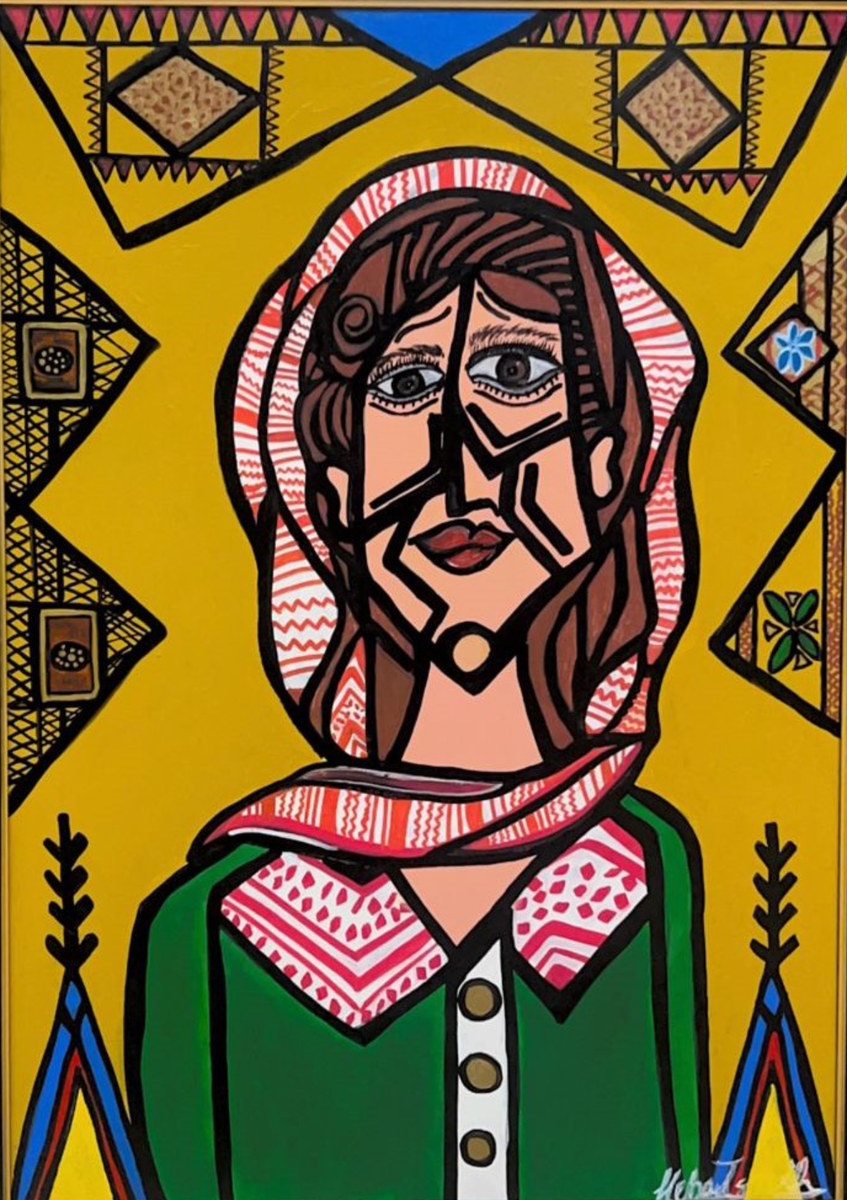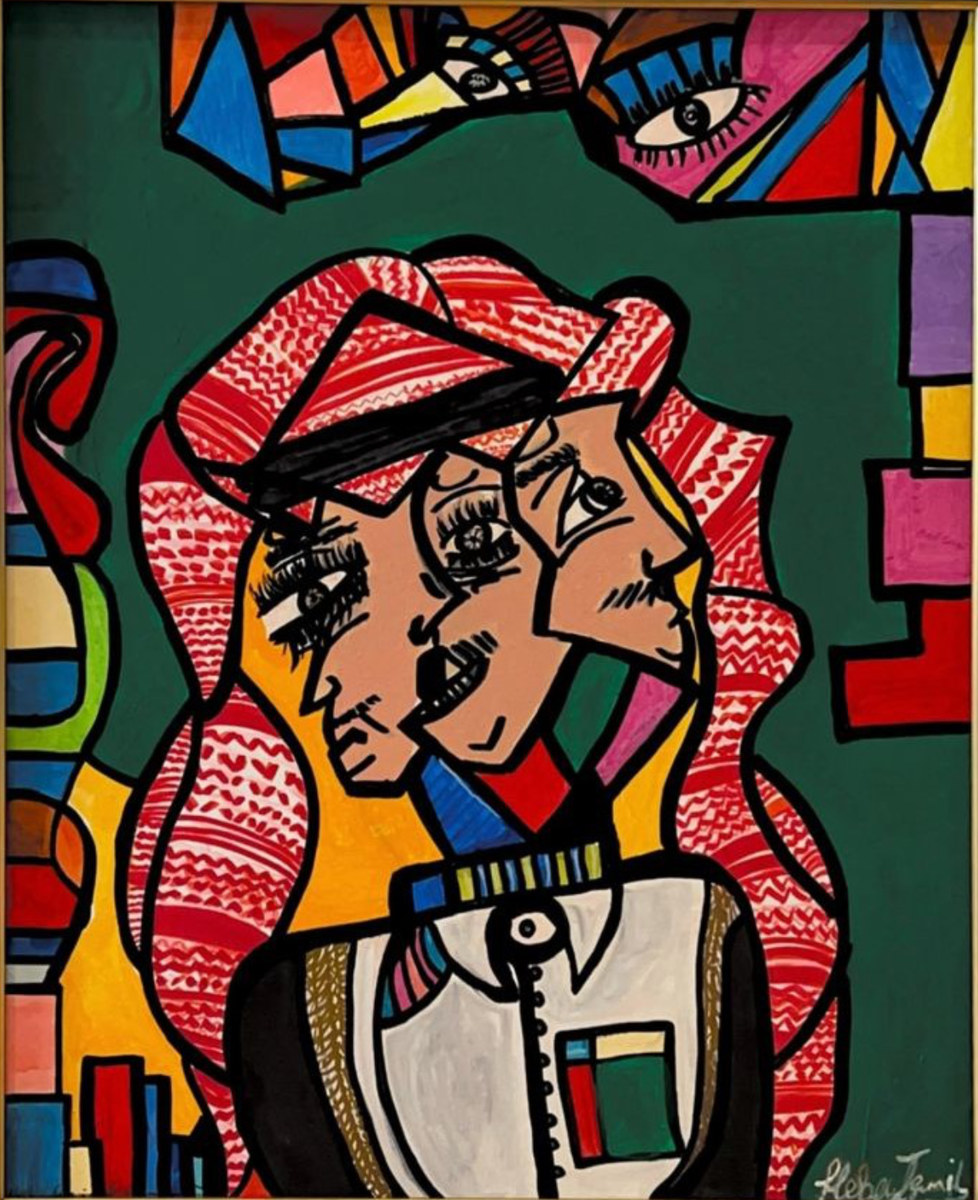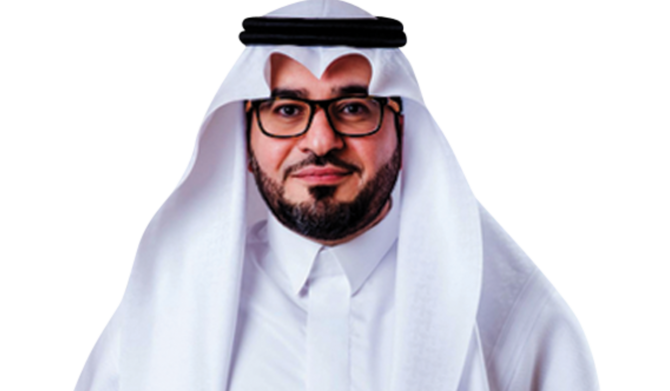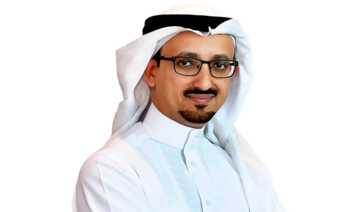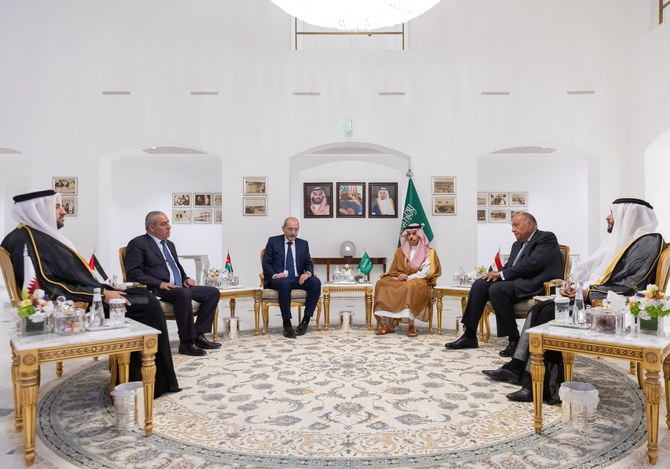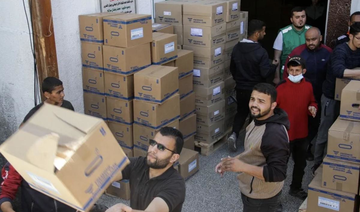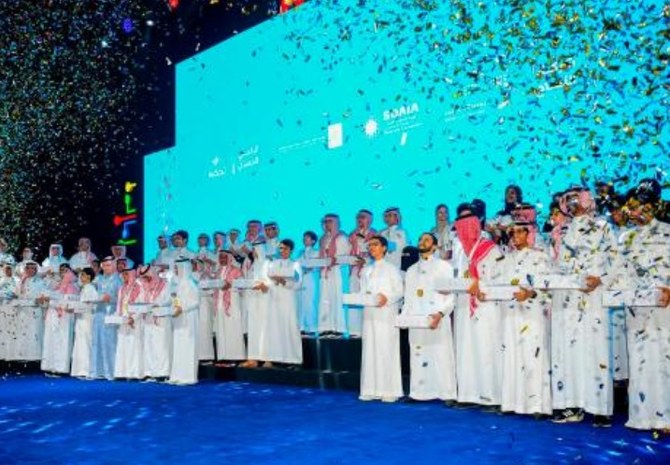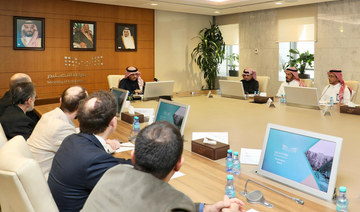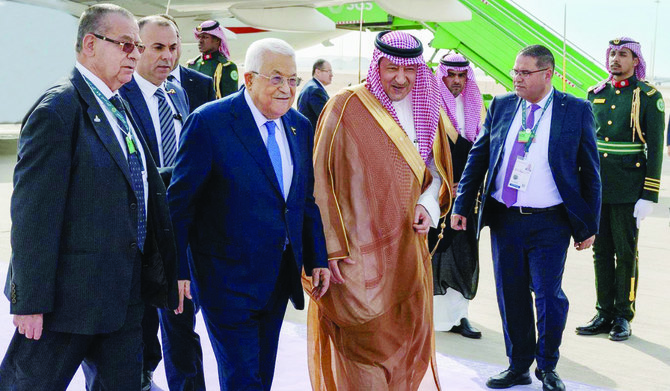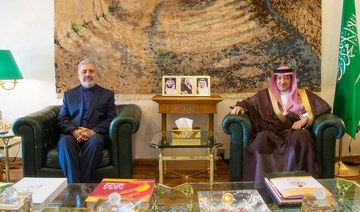JEDDAH: It’s almost business as usual again for many across Saudi Arabia after the lifting of lockdown — and divers are more excited than ever to be back at sea. Divers in the Kingdom are following the safety precautions issued by the Ministry of Interior, the Ministry of Health and the General Directorate of Border Guard.
Lujain Shugdar, diving instructor at Jeddah’s Natlus Divers and two international organizations — the Professional Association of Diving Instructors (PADI) and SNSI — and who has taught more than 150 students, said that the group had been on six diving trips since the lifting of lockdown.
Although international flights are yet to resume to the Kingdom, with the abundance of beautiful coral reefs along the Red Sea, Shugdar said that she wanted diving to be one of the main tourist activities in Saudi Arabia.
“The Red Sea is one of the most beautiful seas in the world for diving; it will greatly encourage tourism in the Kingdom. I want to encourage tourism in the Kingdom — whether for locals to enjoy or have divers from abroad visit us (later on),” she said.
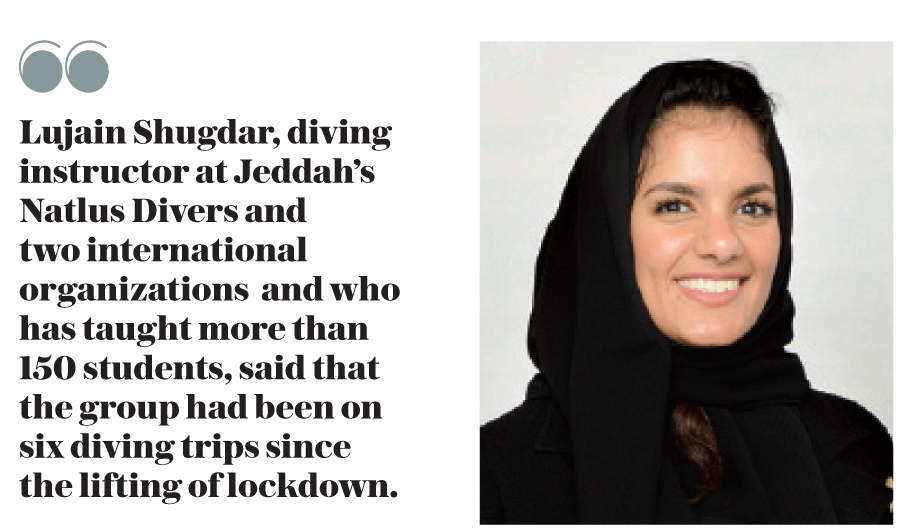
With more than 30 years of service, Natlus offers many different activities such as free-diving, technical diving and recreational diving.
Shugdar said that Natlus were following the directives of the Ministry of Interior and the Ministry of Health to comply with full safety standards.
She explained that as directed by the authorities, the number of divers and people on a diving boat was half its normal capacity.
“We sanitize the boat and equipment before people board it. We also make sure all safety devices are working, and we add additional oxygen cylinders on board in case there is a need to use it. It’s usually one cylinder, but now we will add one regular cylinder and another big cylinder on the boat.”
“Before starting the trip, divers will be briefed on the hygienic and safety measures and social distancing rules, with a full explanation on how to use sanitizers and face masks. There will also be gloves and they will be changeable; a closed waste bin will also be available on board,” she said.
One can sense her feeling of relief and excitement after months away from the sea. When the authorities announced the return of diving and watersports activities, Shugdar immediately booked a diving trip.
“The sea is where you relieve stress from your personal and work life. It has a huge impact on one’s happiness and well-being. I’m so excited about this decision, and of course will follow all safety precautions to ensure our health and the health of the divers with us on board,” she said.
Saudi diver, Mishael Abdulaziz, 29, said that diving was one of the least likely sport activities to transmit COVID-19 as equipment was not usually shared.
“We don’t usually share equipment. Equipment is only shared during the very rare event of an out-of-air emergency,” she told Arab News.
“An out-of-air emergency is when one of the divers runs out of air unexpectedly due to poor planning or inattentiveness to the pressure gauge or air supply. In this instance, a buddy will share his or her air with the out-of-air diver.”
Even though dive centers thoroughly clean their equipment, many divers are encouraged to buy their own regulators as opposed to renting them to further avoid transmission.
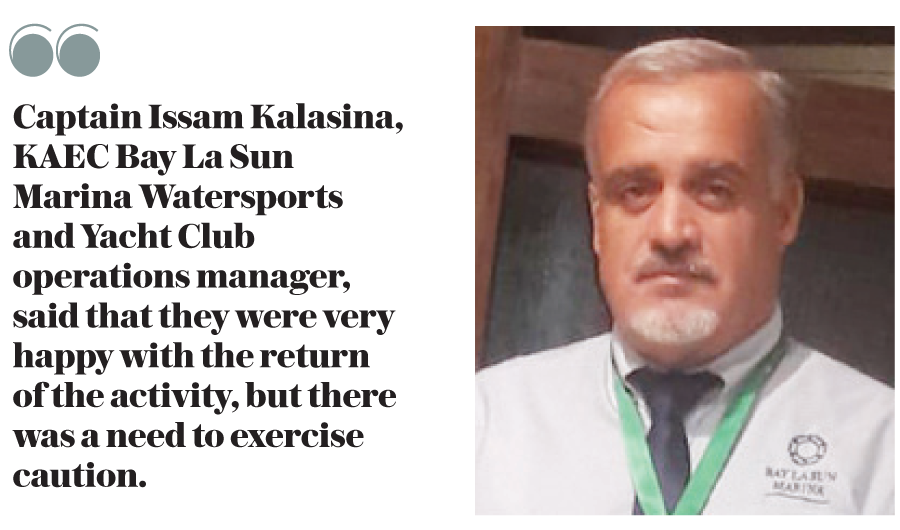
Saudi-based Captain Issam Kalasina, King Abdullah Economic City’s (KAEC) Bay La Sun Marina Watersports and Yacht Club operations manager, said that they were very happy with the return of the activity, but there was a need to exercise caution.
Kalasina, who has been in the diving business for 42 years, told Arab News: “We are very happy to come back and resume the activity — with a certain limit.
“Only half the capacity is allowed on board at the moment to avoid social distancing issues and to ensure all safety precautions are being met on board. The number of passengers has been limited to half, captain and crew included,” he said.
Kalasina said that following the safety precautions required by the pandemic, captains were assigned to have on board gloves, masks, gel sanitizers and liquid sanitizers.
“The gel sanitizer is for the hands, and the liquid sanitizer is for objects on the boat,” he said.
“The boat is completely sanitized and rinsed before we accept passengers on board; it is then sanitized and rinsed again after the trip is over.”



